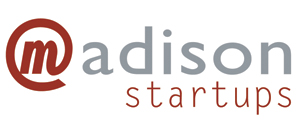
Rats used to model ALS saw improved muscle function and survival after being injected with human stem cells, the University of Wisconsin School of Veterinary Medicine revealed recently.
Masatoshi Suzuki, assistant professor of comparative bio-sciences at UW, transplanted adult stems cells from human bone marrow and genetically engineering cells into the modified rats to produce growth factors that support nerve damage similar to ALS.
“In terms of disease-free time, overall survival, and sustaining muscle function, we found that delivering the combination [of growth factors] was more powerful than either growth factor alone,” Suzuki said in a statement. “The results would provide a new hope for people with this terrible disease.”
Amyotrophic lateral sclerosis, known as ALS or “Lou Gehrig’s disease,” causes death by damaging nerve control of muscles and the respiratory system.
Suzuki, whose research is supported by the ALS Association, the National Institutes of Health and the University of Wisconsin Foundation, hopes to begin clinical trials “relatively soon.”

